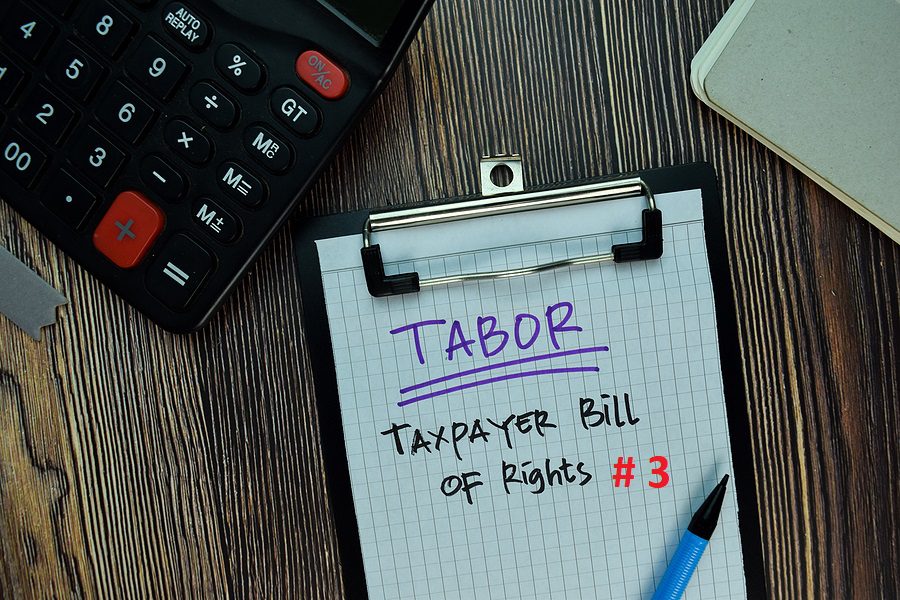The Taxpayer Bill of Rights (TBOR) is a foundational document that outlines the ten basic rights that taxpayers have while dealing with the IRS. If a taxpayer needs to work with the IRS on a personal income tax concern, the IRS wants people to be informed of their rights. Therefore, the IRS continues to emphasize taxpayers’ rights in public. The IRS also educates its employees on their rights on a regular basis. The IRS requires employees to know and honor a consumer’s rights in every interaction with taxpayers.
These rights are outlined in IRS Publication 1, Your Rights as a Taxpayer, which includes a comprehensive outline of your rights as a taxpayer.
One of these rights given is The Right to Pay No More Than the Correct Amount of Tax.
Essentially, this ensures that taxpayers are entitled to pay just the amount of tax that is legally owed, including penalties and interest, and to have all income tax payments appropriately applied by the IRS.
What this means in detail:
- You can file for a refund if you believe you have overpaid your taxes; however, you must do so within certain time limitations. For further details, see IRS Publication 556, Examination of Returns, Appeal Rights, and Claims for Refund.
- If you get an IRS letter or statement and believe it contains an error, contact the IRS location that sent it to you within the time specified. Photocopies of any documentation that may aid in the correction of the inaccuracy should be provided. You can also get assistance by calling the number on your notification or bill. If you’re right, the IRS will update your record and issue you a correction notification.
- You may have to revise your return if you uncover an error after you’ve filed it. If there is an error or a modification in your filing status, earnings, deductions, or credits, you must file an updated return. On the other hand, the IRS may automatically rectify math problems on a return and accept returns that are missing specific forms or schedules. You are not required to revise your return in these situations. If you dispute an IRS adjustment, you should request that the IRS rescind the modification within 60 days. This deadline protects your right to file a legal challenge to the planned modification before paying it.
- If the amount owed exceeds the legal amount required under the law, or the IRS assessed it after the time frame allowed by law, or the assessment was made in error or in violation of the law, you may ask that it be withdrawn.
- If the IRS made excessive inaccuracies or delays, you may ask the IRS to eliminate any interest from your account. For instance, if the IRS delayed issuing a statutory notice of deficiency because the designated IRS agent was away for many months for training and interest accrued during that period, the IRS may waive the penalty.
- If you believe you don’t owe all or part of your tax liability, you can file an offer in compromise, asking the IRS to take less than the whole amount. This can be done using Form 656-L, Offer in Compromise PDF.
The IRS is required to send you an annual statement if you enroll in a payment plan, often known as an installment agreement. The statement should show account balances as well as a history of payments made.
Visit https://www.taxpayeradvocate.irs.gov to learn more about the TBOR and how it affects you.

